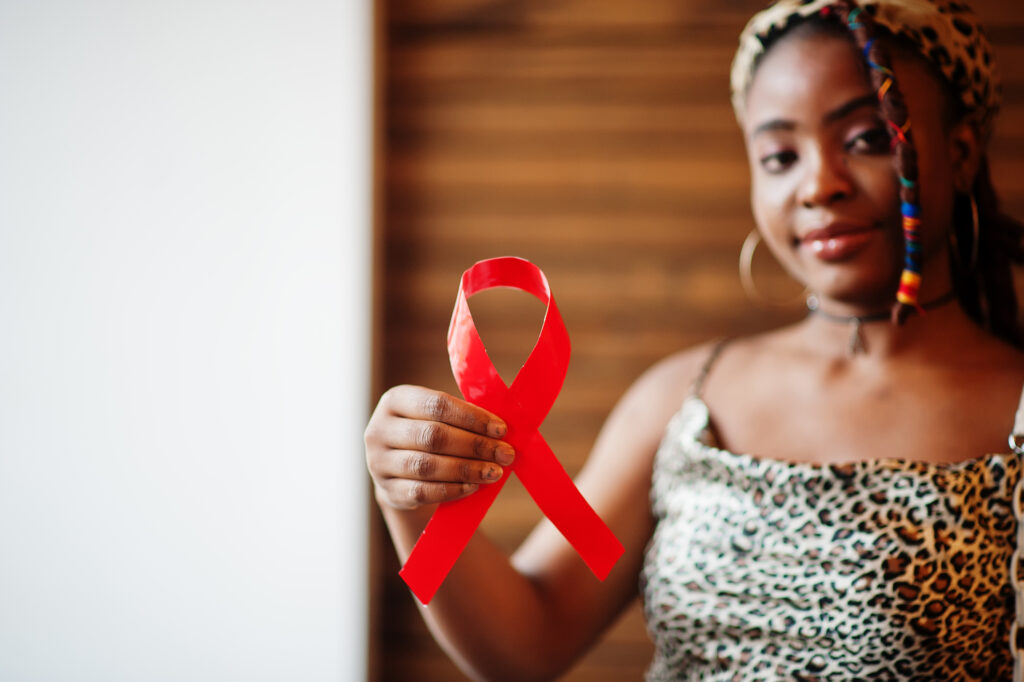
Persons who test negative for HIV will receive information on how to better protect themselves from HIV infection with techniques such as using condoms or PrEP. If you think that you have been exposed to HIV, most people experience a short, mild flu-like illness. This is called seroconversion. The most common symptoms of this are sore throat, fever, swollen glands, muscle aches and rash. These symptoms typically last 1-2 weeks but can be longer.
If you think that you’ve been exposed to HIV and haven’t been continuously (or not taking your medication daily) on PrEP, we recommend that you contact us within 72 hours of exposure, and we can discuss treatment using PEP. To learn more about PEP click here.
Persons who test positive can choose ERC for their treatment and care, as well as receive information on how to live a long and healthy life with HIV. Our staff will also share information on how to prevent transmitting HIV to others.
If you think you have, or have been exposed to HIV, you should arrange a test as soon as possible.
We provide free rapid HIV testing to anyone 13 years and older, regardless of whether you have insurance or not. The test is conducted in a confidential setting and takes less than 15 minutes. Once tested, you will receive pre and post-test counseling and your results. You will also receive a free safer sex kit.
What is HIV?
HIV stands for Human Immunodeficiency Virus. It is a virus that damages the cells in your immune system and weakens your body’s ability to fight everyday infections and disease.
If left untreated, HIV can cause extensive damage to the body’s immune system, but with an early diagnosis and effective treatment, most people with HIV live a near-normal lifespan.
What is AIDS?
AIDS stands for Acquired Immune Deficiency Syndrome. It is a collection of potentially life-threatening opportunistic infections or illnesses that attack your immune system when it has been irreversibly damaged by the HIV virus.
How is HIV Transmitted?
HIV can be transmitted if a person has a detectable viral load. This can be passed through semen or vaginal fluid, when having sex without a condom, blood or anal mucus.
Pre-ejaculation (pre-cum) also contains HIV, so there is still a chance of infection even if you pull out of your partner before you ejaculate. It is also possible to get HIV by sharing drug injecting tools, sharing sex toys and mother-to-child transmission during pregnancy or via breast milk.
There is little to no risk that HIV can be transmitted through oral sex.
The best way to prevent HIV transmission is to use a condom. This acts as a barrier that prevents contact with semen, vaginal secretions or blood. Alternatively, you can speak to one of our clinicians about starting PrEP.
People who are HIV positive and have an undetectable viral load cannot pass HIV through any of their body fluids.
If you think you have been exposed to HIV, contact us immediately to see if PEP is an option.
You Can Not Get HIV from...
There are many myths about how HIV is transmitted, but you cannot get HIV by doing any of the following.
- Kissing and hugging
- Sharing food or drinks
- Insect bites
- Sharing a toilet, towels or bedding
- Sharing household items, such as plates or cups
- Sneezing, coughing or sweat
- General social contact
What is a Viral Load?
Your viral load indicates the number of copies (particles) of the HIV virus in your blood. We find out this number by taking a blood test. This blood test is useful as it tells us the progression of HIV in your body. It also tells your clinician how effective your medication is at controlling the virus.
If you have a low viral load, it means that the medication that we are prescribing you is effective.
If you have a high viral load, it could mean that you’ve either recently transmitted HIV (as its quite common when contracting HIV that your viral load can be high) or it could mean that the treatment you are receiving may not be working for you. It is important that you have your viral load checked at least every six months.
What does it mean to be Undetectable?
HIV medication (antiretroviral treatment or combination therapy) works by reducing the amount of the HIV virus in your blood to undetectable levels. This means the levels of HIV are so low that the virus won’t passed on. This is known as an undetectable viral load or being undetectable.
If you are just starting treatment for the first time, it can take up to six months to become undetectable.
To maintain being undetectable, it is important that you take your medication every day as prescribed and have your viral load checked regularly.
History
In the 1980s and early 1990s, many people living with HIV developed AIDS, as it was an unknown infection with no real treatment. Now, thanks to effective antiretroviral treatment (HAART), also known as combination therapy, very few people develop serious HIV related infections.
This is because the medication that we prescribe contains a ‘cocktail’ of different medications (hence the term combination) that keep it at bay, allowing your bodies immune system to fight virus.
Today, most medications are combined into a single pill that you take once a day and can lead to an undetectable viral load if taken as prescribed.
Because of the images that first appeared telling the public about HIV in the 80s, much of the public’s ideas of how HIV is transmitted are misconceptions. There is even a myth that only members of the LGBTQ+ community can contract HIV, causing a harmful stigma that can have an impact of people’s mental health.

